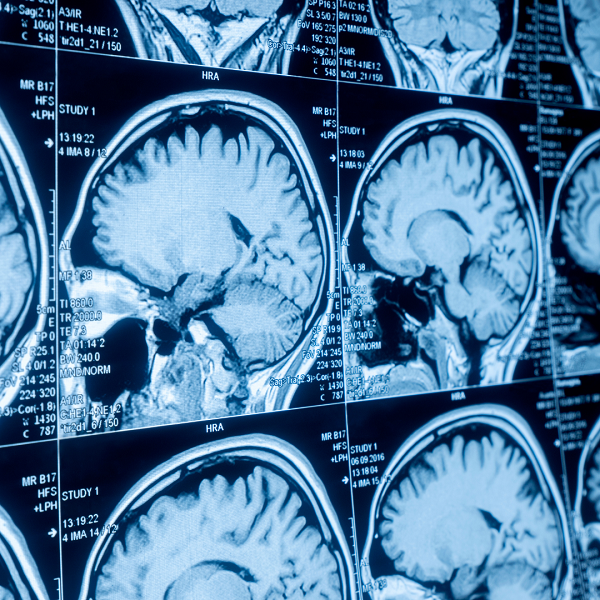As we age, the risk of developing a disease involving memory loss or a decline in cognitive function increases. It’s crucial for seniors to understand the different memory loss diseases most common in older adults. This knowledge is key for early detection, effective management, and maintaining a high quality of life.
Learn about the most common memory loss diseases, their causes, symptoms, and potential treatments:
- Alzheimer’s disease: The most prevalent form of memory loss among seniors, representing 60-80% of dementia cases. It is a progressive neurodegenerative disorder known for the buildup of amyloid plaque in the brain. This leads to memory loss, cognitive decline, and behavioral changes. Early symptoms include difficulty remembering recent events and trouble with problem-solving and language.
- Frontotemporal Dementia (FTD): A group of disorders resulting from damage to neurons in the frontal and temporal lobes of the brain. These disorders affect one’s personality, behavior and language more than memory. The signs of development can include acting impulsively, being insensitive or rude, or consistently acting out of character.
- Lewy Body Dementia (LBD): LBD is characterized by abnormal protein despotisms called Lewy bodies. These bodies affect the chemicals in the brain, leading to an increase in cognitive fluctuations, visual hallucinations, and motor skill symptoms such as tremors and stiffness. LBD usually presents itself first through significant shifts in alertness and attention.
- Mild Cognitive impairment (MCI): While MCI does not meet the criteria for dementia, diagnosed individuals have a higher risk of developing Alzheimer’s or other forms of dementia. Early detection and intervention can be effective in slowing progression. This is not a specific disease and is more like any cognitive decline beyond what might be expected for an individual’s age. However, it does not meet the criteria for dementia. Seniors with MCI live with a higher risk of developing Alzheimer’s or other forms of dementia.
- Vascular dementia: Caused by inadequate blood flow to the brain. The impact of vascular dementia on memory or thinking skills can vary depending on the level of blood vessel damage and which part of the brain is affected. If vessel damage occurs in parts of the brain that affect your ability to remember and retrieve information, this may lead to memory loss.
Early detection of memory-loss diseases is crucial step for slowing down the progression of memory loss, improving symptoms, and enhancing or maintaining quality of life. Regular cognitive assessments and discussions with health care providers are essential for preventive care. These assessments and discussions often take place during Medicare Annual Wellness Visits and Physical Exams, but you’re encouraged to schedule an appointment with your provider if you have any concern about a possible memory-loss condition. Your provider can conduct assessments and tests to help identify any memory-loss conditions early, paving the way for timely intervention.
It’s easy to become a patient
We know selecting or changing your clinician is an important decision. That’s why our caring team members are available to answer all your questions and help you every step of the way, and that includes helping you transition your medical records if they’re with another doctor. It’s that easy!


